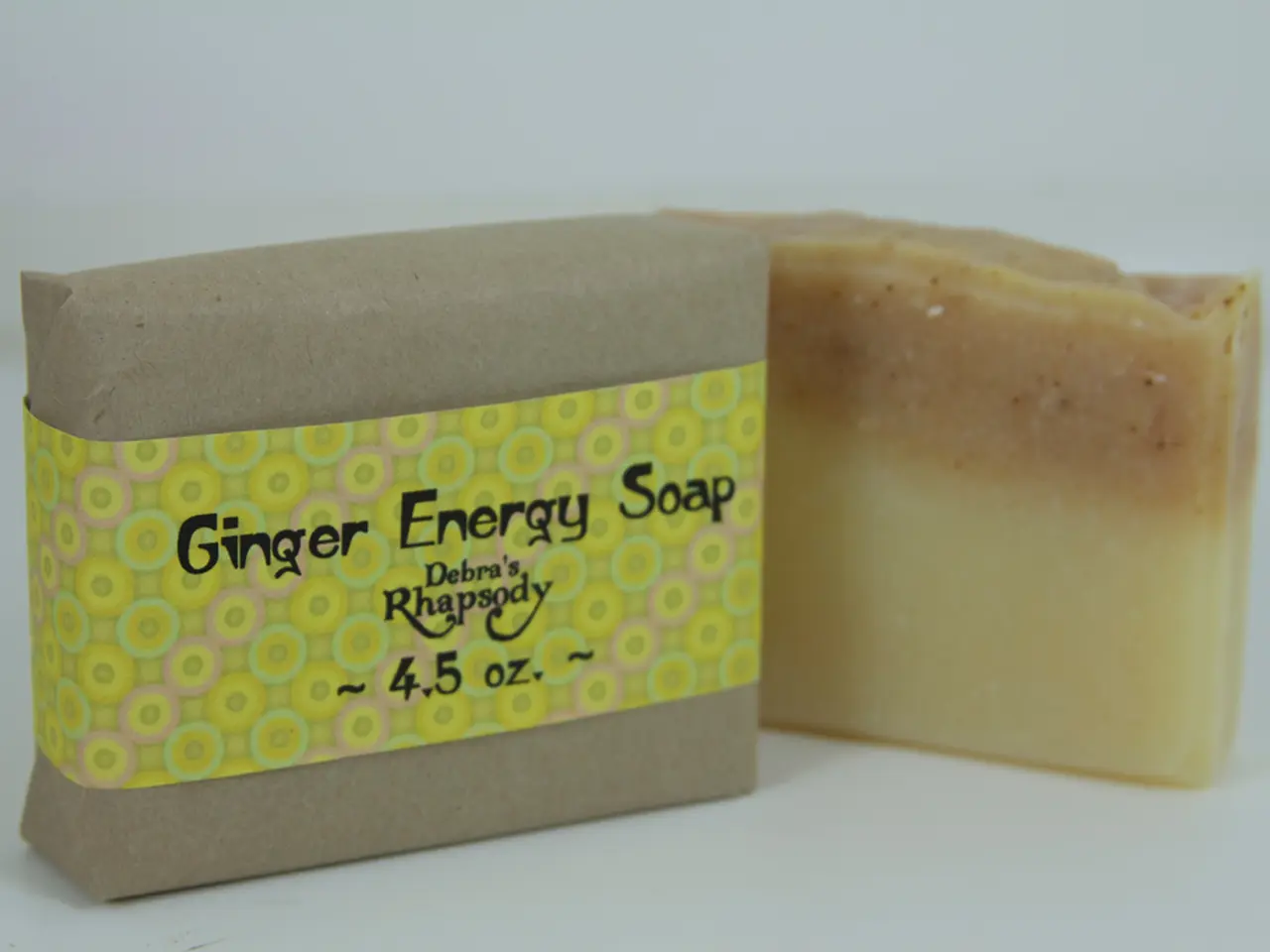Treatments for Bacterial Vaginosis at Home: Probiotics, Garlic, and Other Methods
Bacterial vaginosis (BV) is a common condition affecting as many as one-third of women aged 14-49 in the United States. While the exact cause of BV is not known, it is more prevalent among sexually active individuals. Antibiotics remain the frontline medical treatment for BV, but home remedies like probiotics, garlic, and boric acid are gaining attention for their potential benefits.
Probiotics, beneficial bacteria, are a promising option for BV prevention and adjunct treatment. They support the vaginal microbiome by promoting the growth of beneficial bacteria, which may help reduce recurrence risk. A 2019 review suggests that probiotics may have both short-term and long-term benefits in treating BV.
Boric acid, a potent antimicrobial agent, has shown promise in treating vaginal yeast infections and recurrent infections. However, there is limited direct research on boric acid treating BV specifically. Vaginal suppositories containing boric acid may help treat BV, and it may also aid in treating yeast infections according to some studies.
Garlic, with its natural antibacterial properties, has been noted to curb yeast infection growth. However, evidence specifically for BV treatment or prevention is less robust. It may have some beneficial effects but should be considered supplementary rather than a primary treatment.
It is essential to note that home treatments may benefit some people but should not replace evidence-based treatment plans. Anyone considering home remedies should consult a doctor first.
Tea tree oil, often used for its antiseptic properties, is not recommended for treating BV due to the lack of scientific evidence supporting its ability to help with the condition. Moreover, tea tree oil treatments may cause allergic reactions and are not safe for use during pregnancy.
Apple cider vinegar also has no evidence supporting its ability to treat BV.
Safe hygiene practices are crucial in maintaining vaginal health. These include avoiding scented vaginal products, abstaining from douche usage, washing the vagina with water only, wearing breathable cotton underwear, keeping the vaginal area dry, washing the hands before touching the vagina, and learning more about vaginal hygiene.
Strategies to lower the risk of BV include avoiding transitioning from anal to vaginal sex, using barrier protection, urinating immediately after intercourse, and practicing safe hygiene.
In some cases, using intravaginal boric acid in addition to antibiotic medications can be beneficial in treating BV. However, boric acid is toxic if taken orally and should only be used as per instructions.
In conclusion, while more research is necessary to assess how boric acid assists in the treatment of BV fully, probiotics are supported by current evidence as a helpful, safe option for BV prevention and adjunct treatment. Garlic supplements may aid vaginal health generally but lack strong evidence for direct BV treatment. It is always advisable to consult a healthcare professional before using any home remedies for BV.
- Probiotics, beneficial bacteria, are a promising option for the prevention and adjunct treatment of BV, supporting the vaginal microbiome and potentially reducing recurrence risk.
- A 2019 review suggests that probiotics may have both short-term and long-term benefits in treating BV.
- Boric acid, a potent antimicrobial agent, has shown promise in treating vaginal yeast infections and recurrent infections, but there is limited direct research on its effect on BV specifically.
- Vaginal suppositories containing boric acid may help treat BV, and it may also aid in treating yeast infections according to some studies.
- Garlic, with its natural antibacterial properties, has been noted to curb yeast infection growth, but evidence specifically for BV treatment or prevention is less robust.
- It is essential to maintain good hygiene practices as they are crucial in maintaining vaginal health.
- Strategies to lower the risk of BV include avoiding transitioning from anal to vaginal sex, using barrier protection, urinating immediately after intercourse, and practicing safe hygiene.
- In some cases, using intravaginal boric acid in addition to antibiotic medications can be beneficial in treating BV, but boric acid is toxic if taken orally and should only be used as per instructions.




